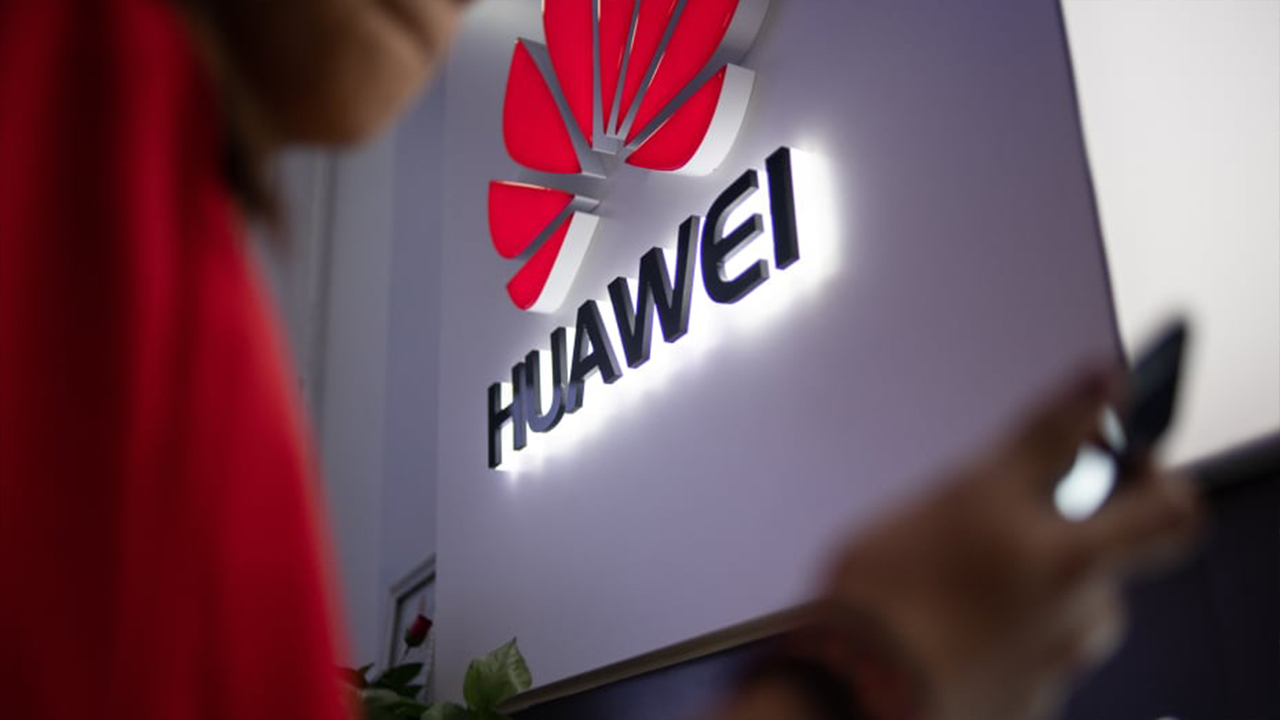According to reports in the Chinese press, Huawei is developing a new memory solution as an alternative to its high-bandwidth memory technology, HBM, for AI-focused workloads. The company is reportedly designing a specialized storage unit called “AI SSD” for data centers.
Huawei to Design Next-Generation Memory
While China is making significant strides in AI hardware, it remains dependent on the West for critical memory technologies like HBM. This weakens the country’s position. Despite the efforts of domestic manufacturer CXMT, the technology is not yet at the level of competitors like Nvidia and Samsung. Huawei’s new memory technology is seen as a potential solution to the country’s HBM supply challenges.

No technical details have been released yet. According to reports, Huawei’s AI SSD will operate without capacity limitations and will provide increased speed in AI computations. However, experts caution that this information is not yet finalized and should be approached with caution.
Huawei is also supporting its hardware efforts with software solutions. Its recently introduced UCM (Unified Cache Manager) software suite optimizes memory usage between HBM, standard DRAM, and SSDs, accelerating large language model training processes. The company focuses not only on hardware production but also on software methods to overcome memory bottlenecks.
So, what are your thoughts on this? Do you think Huawei’s next-generation products will make the expected impact on the industry? Share your thoughts with us in the comments section below.













